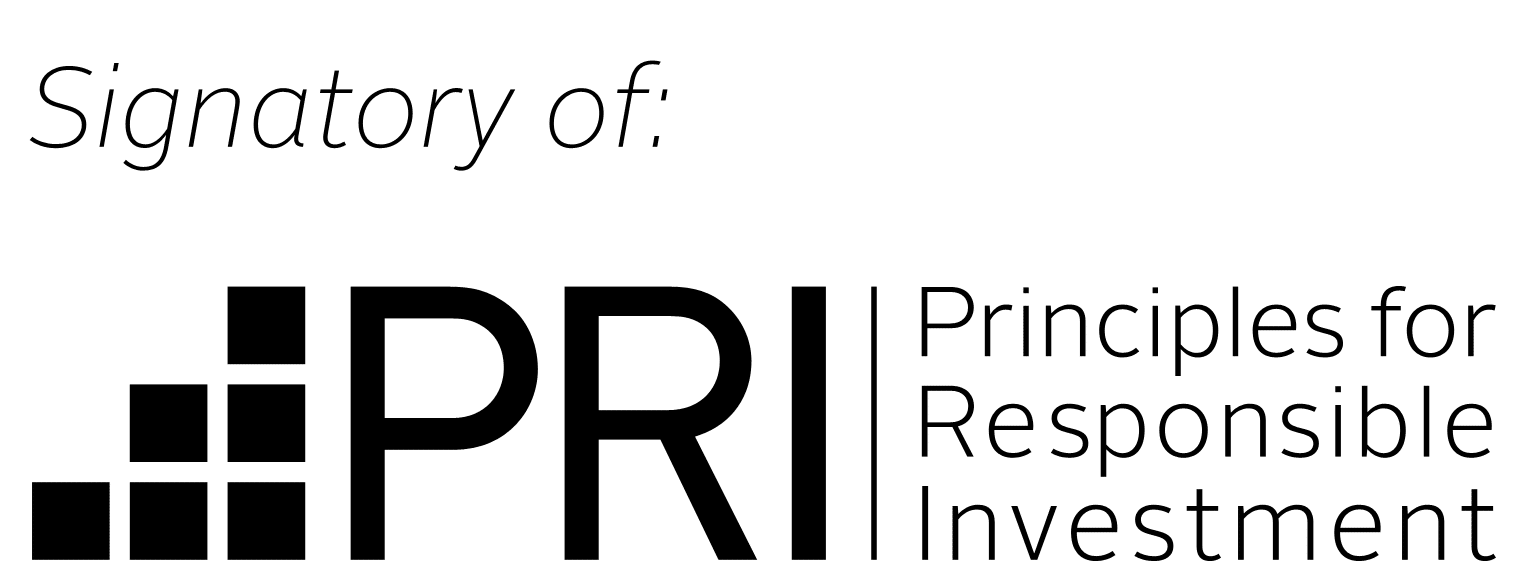A guide to investing in private debt

What is private debt?
Private debt by definition is, any debt that is not traded or issued in public markets, but rather traded in second tier markets, and accumulated by private businesses or individuals. Private debt is also referred to at times as private credit. The most common form of private debt is private lending to privately owned businesses. The lenders are referred to as ‘alternatives,’ as they sit outside the traditional banking sector, including banks and credit unions.
It is quite common for private debt to be secured against an existing asset, e.g., a piece of real estate, and to be used to cover day to day operation expenses, support growth, improve infrastructure and even acquire or merge with another business. An example of private debt would be a private business taking out a private business loan.
Private debt includes both subordinated and unsubordinated debt.
Subordinated debt is debt owed to an unsecured creditor. Which in the event of liquidation, can only be paid after the claims of secured creditors have been met. On the other hand, unsubordinated debt is debt owed to a secured creditor, which must be paid first in the event of liquidation. For this reason, it is a less risky investment compared with subordinated debt.
The private debt market in Australia
The private lending (private debt) market in Australia has grown in popularity over recent decades to currently represent 10-15% of all lending. This is largely due to traditional lending institutions becoming less accessible and more expensive for small to medium enterprises, due to regulatory constraints and increases in compliance.
With leverage, gearing, LVR, ICR, presale requirements and other stringent terms and conditions making it more difficult for many real estate developments to break ground, more developers are looking to the private debt market as an alternate avenue to raising capital.
Types of private debt
Direct corporate lending
Direct corporate lending refers to non-bank loans made to businesses, namely small to medium enterprises (SME’s). The loans are issued directly from the lender to the business/company with no intermediary (e.g. broker), involved in the transaction. Comprising the largest component of the private debt market, it includes both secured and unsecured loans.
Risk/Return profile
- Lowest risk rating of all the strategies
- Expected returns: 5 – 9%
- Overall risk/return profile is dependent on the parts of the capital structure the investment is focused on
Distressed debt
Distressed debt is when a business purchases the debt of another business that has gone bankrupt or is close to being insolvent. While it shares similarities to direct lending, the sole focus is on distressed debt opportunities. The debt is often bought at a significant discount, with the goal to see a significant increase in the value of the company after the debt investment improves.
Risk/Return profile
- Yields are higher due to the increased risk of a company defaulting
- Expected returns: 15% – 20%%
- High risk rating
Mezzanine debt
Mezzanine debt is a form of financing that has both debt and equity components. A mezzanine fund only issues mezzanine debts to companies and is a form of finance often used to cover the shortfall between a borrower’s primary mortgage and the total cost of the development.
Risk/Return profile
- Medium risk classification
- Expected returns: circa 10%-15%
Property finance
Property finance is lending targeted to commercial, industrial, office and high-rise residential developments. It includes land bank lending, development finance and residential lending to both owner occupiers and investors.
Risk/Return profile
- Risk and return profile is dependent on the quality of the underlying assets
Specialty finance and asset lending
Specialty finance and asset lending refers to a ‘special situation,’ outside of the company’s underlying financial position. It often involves both debt and equity investments and is commonly used when there is an intent to gain control of a company. Special situations may include certain events such as COVID-19, mergers, acquisitions or a company split. Companies are often in a situation of distress due to a significant price dislocation as a result of the special situation. Asset lending is always secured against the asset, e.g., prime mover.
Risk/Return profile
- Subject to greater risk that distressed debt
- Expected returns: 9%
Venture debt
Venture debt is a type of finance offered to start up and early-stage businesses. It is also referred to as venture funding and is used by these businesses to continue operations without further diluting ownership. It is normally a short to medium term finance used to fund growth, capital expenses or shortfalls in accounts receivables.
Risk/Return profile
- High risk rating
- Overall expected risk/return profile is dependent on the underlying quality of the business
Why investors should incorporate private debt into their portfolio
Comparative to other alternative asset classes, private debt is regarded by industry leaders as a low-risk investment vehicle, making it the ideal alternative for fixed income investors.
Private debt offers investors: –
Portfolio diversification due to low correlation to public markets
Private debt and the public markets are affected by different market forces, and as such they have low correlation. A low correlation means that fluctuations in one asset class will have limited effect on the other, which gives investors a more balanced overall return.
Attractive risk-adjusted returns in a low interest rate environment
Typically, private debt investments are longer term investments, which means they have the potential for a higher return. This also allows investors to hedge their portfolio against inflation and interest rate fluctuations.
Predictable returns based on interest rate charged
The floating rate of the underlying loans offers protection in a rising rate environment, whilst offering a lower risk investment compared to other alternative strategies, including private equity.
Lower portfolio volatility
Private debt relies less on broad market trends and more on the strength of the individual investments made. This allows for a reduction in risk within your portfolio investment, while also adding an income like return.
Good alternative to fixed income investments
Private debt investments in most cases offer a monthly income stream in the form of interest repayments, which are paid to investors through the form of monthly distributions.
The risks of private debt to investors
Private debt is illiquid and for the most part is largely unregulated. However, the private debt market is regulated to a degree in Australia, but it is via a different regulator to that of the Big 4 banks. Due to the illiquid nature, it can be hard for investors to quickly turn their investment into cash.
How can investors easily access private debt investment opportunities?
Most wholesale and sophisticated investors invest into private debt through investing into unlisted private credit funds. Private credit funds are comprised of a mixture of the different types of private debt structures as explained above. The exact make-up of the private debt types depends on the fund’s overall strategy and risk/return profile.
Remara offers wholesale and sophisticated investors the ability to access a private credit fund that is aimed specifically at fixed income investors. Offering a low risk, high return profile, the funds mandate is to provide investors a return of more than 6% + RBA cash rate after fees. The funds current annual rolling return is 13.40% (post fees). Remara invests in quality personal loans, car loans, trade, business, real estate and debtor loans. All loans are secured, and asset backed. To find out more or to view our fund in more detail, download the PDF statement today.

